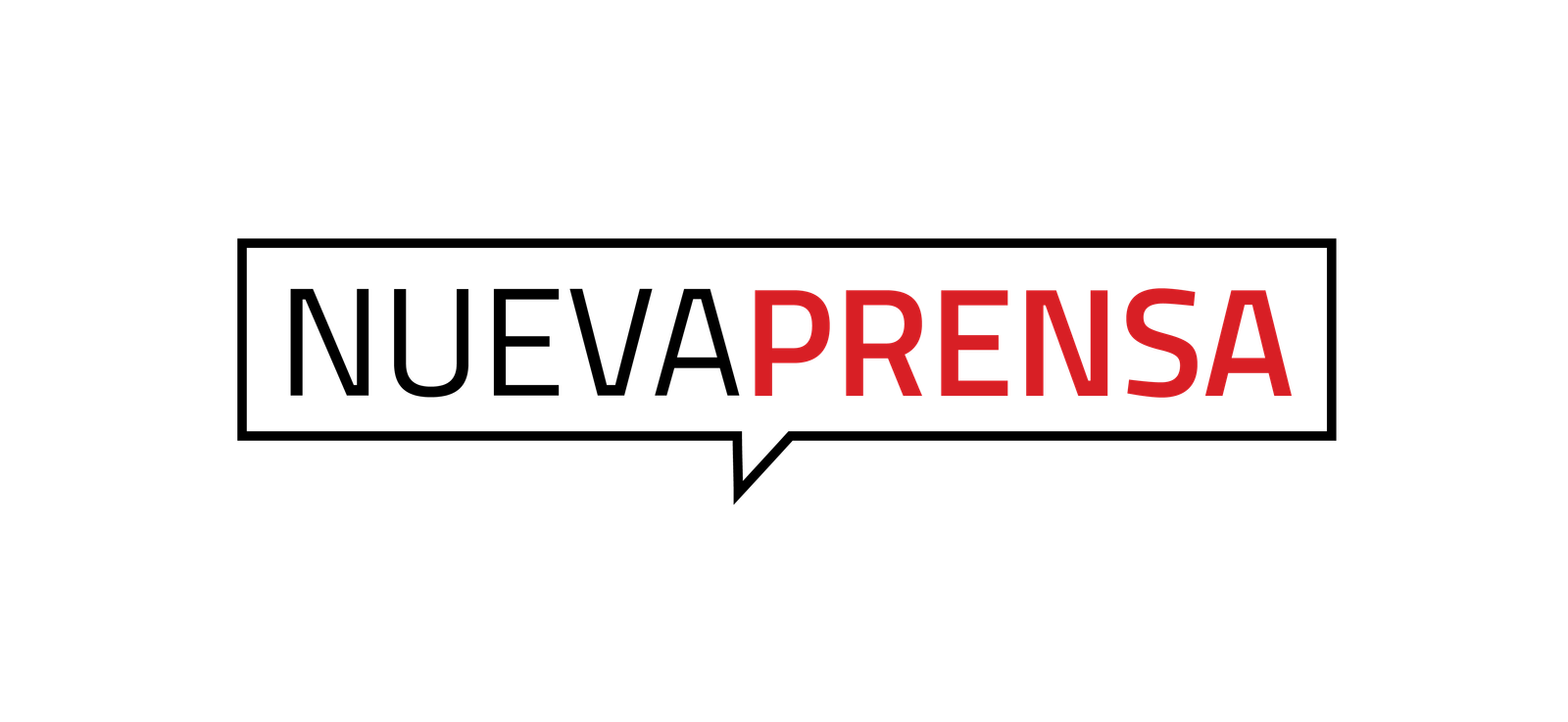Encontrar intereses comunes para fomentar la cooperación en el Sahel

The EU is immersed in the development of a new approach to address its relationship with the countries of the Sahel, at a time when the distance with Mali, Burkina Faso, and Niger is more than just observing the threats emanating from there. The manager behind this new «approach» in European jargon is the EU Special Envoy for the Sahel, Joao Cravino, who explained during his approval this week in Madrid that he is still in the listening phase to gather all the elements needed to prepare the document.
His mission involves «encouraging dialogue with all the countries of the Sahel,» including the three central Sahel countries currently governed by military councils, as well as the «larger neighborhood,» as explained by sources from the European External Action Service (EEAS) that Cravino, the former Foreign Minister of Portugal, depends on.
At the «heart» of what will be the new approach, the sources need to «identify mutual interests» with these countries as the basis for potential future cooperation, while «the country will vary depending on the different Sahel context,» a region that stretches from Mauritania to Sudan.
To find these common points, as Cravino mentioned in the law he participated in this week, we need to engage with the military councils. «We cannot afford to say we don’t like them because they are wearing uniforms,» said the EU envoy, among other reasons, because «these regimes that have come to power unconstitutionally will not disappear overnight.»
As he explained, the European dialogue with central Sahel was «very degraded,» mainly due to «a mutual incapacity to listen to each other and explain what is important to us.»
In these countries, what Europeans wanted and even their assistance offer was not well understood, as there was a kind of «agenda» when, according to Stravihno, Europeans «have nothing to hide,» despite interests regarding Sahel stability.
Therefore, he said, «it is more useful when we explain and seek convergence» with the interests of these countries, especially when, according to him, they begin to assess if their approach to Russia, especially in Mali and to a lesser extent in Burkina Faso and Niger, is not yielding the expected results.
One of the reasons that fueled the wave of coups that began in Mali in August 2020 and culminated in Niger in July 2023, with a second coup in the former and two in the latter, was precisely the military’s discomfort with the fight against jihadism.
These three countries have now become the primary global terrorist hotspot. According to the 2025 Global Terrorism Index, this region accounted for 51% of worldwide deaths and 19% of attacks. Additionally, five of the ten most affected countries by terrorism are in this part of Africa, with Burkina Faso being the most severely affected country in the world.
The military councils also saw Western powers, particularly France, their former colonial power, as responsible for worsening the situation, given the failure of different counter-terrorism operations to halt the spread of jihadism. As a result, they all broke ties with Paris and forced the withdrawal of French troops, which extended to the UN Mission in Mali and the EU Mission, which had to end its missions in Niger.
Subsequently, the three countries turned to Russia, which offered them military support in the form of equipment and, in the case of Mali specifically, troops from the Wagner Group, now integrated into the African corps under the control of the Russian Ministry of Defense. According to Travihno, they are now aware that military response alone is not sufficient and that Russian support has its «limits.»
In this regard, he was convinced that the EU will need to address the security issue in the Sahel at some point, without European «intervention» at this time, but it will be necessary to «support» these countries that, according to him, are now «more receptive» than before.
On the other hand, Cravinho warned that the EU must take seriously the discourse of pan-African sovereignty used by the military gatherings, for which they find it «very difficult to accept humanitarian assistance,» as it shows their inability to solve problems, but they see better aid.
Therefore, he argued that the EU must «know how to work and do it sensitively.» In this sense, he emphasized the need to find new cooperation tools with these countries. Currently, he said, European development cooperation focuses on large projects, such as those funded by the Global Gateway, which are «not very compatible with the reality» in the Sahel or humanitarian aid.
There is a significant gap between them, so the EU is already working to «develop more relevant tools,» he said. «It will take time,» admitted Gravihno, emphasizing that the Sahel is a good example of the need for a different type of cooperation within the EU.
He also stressed the importance of contributing to the development of these countries, where the population is largely young and where the lack of opportunities drives many to seek a better life elsewhere, including Europe. In this regard, «if we do not know how to work in the Sahel, the migratory dynamics will continue,» said Cravino.
FUENTE







